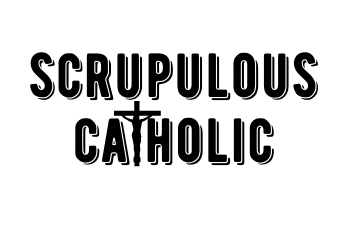Scrupulosity is a chronic disorder. It means that it will never be cured but it can be controlled. Because of this, scrupulous individuals are volatile. At times, with the right technique, they can manage it well but there are also times that obsession and compulsion are tough to handle. Although exposure can help to alleviate the disorder, there are situations that are new to the OCD sufferers that could revive the disorder. Therefore, the scrupulous relapses.
Relapse is normal when it comes to chronic disorders. It happens all the time. Just like other obsessions, religious OCD is never an exception.
Back in 2018, I experienced the first sign of scrupulosity which was having intrusive thoughts. I never realized that this was part of the disorder. All I know was, it was distracting me while praying that it took me so long to finish my prayers until I read a good article about how it could be a devil tempting me to repeat the prayers and make them perfectly recited. From that moment, I gradually changed. It was not an easy start. At first, it got me crazy when I thought my prayers were not said well, I wanted to go back to repeat them but I was also reminded that that could be the devil. Eventually, I overcame it. Exposure, indeed, works.
Unfortunately, after a year, my scrupulosity was activated again. My fear of offending God became extreme that other signs of scrupulosity arouse. I was fearful of confession, I avoided Communion and I became superstitious. Intrusive thoughts were back! This time, they were stronger. I could not contain my thoughts at that time. They swamped me. The intrusive thoughts while praying became just one of my problems.
As days went by, I still continued to be bothered by these disturbing thoughts. My prayer time became the battlefield of lustful and blasphemous thoughts. I, again, prayed too much.
And then, I went back to how I controlled it before. And I tried it again. Still, it worked!
What to do when relapse occurs with scrupulous?
Expose yourself to the obsession and prevent doing the compulsion. This is the best solution when relapse happens. Exposure and Response Prevention Therapy is useful not only in managing the OCD upon diagnosis but also during the relapses.
It is going to be difficult at first but you will eventually find the “Perfect Moment”. This is what I call to a rare moment when I can avoid performing compulsions. We only need this one perfect moment to control back our OCD. Once you find it, exposure begins. And this is what scrupulous needs, to be exposed.

